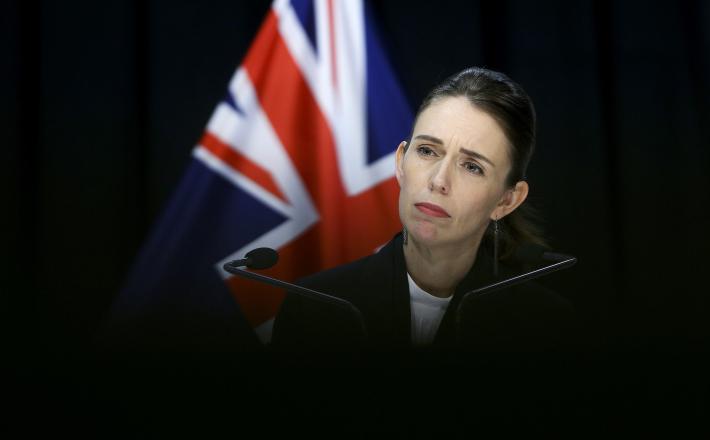Women leaders successfully fighting coronavirus show why we need a feminist foreign policy
Source: NBC News
By Lyric Thompson and Gawain Kripke,
In recent weeks, calls have abounded to pay more than lip service to women’s contributions to the global economy. Suddenly we are hearing more about the female face of essential workers — both on the homefront and on the front lines of the coronavirus pandemic. The crisis has shown, again and again, “women’s work” — otherwise known as the care economy — is essential work. Yet laud it though we might, care work is all too often unpaid and consistently among the lowest-paid job categories. Economists estimate that women’s unpaid work provides a subsidy to the global economy of more than $10 trillion annually. That’s bigger than the nominal GDP of India, the U.K. and France combined. And that’s a conservative estimate.
The pandemic has also shined a spotlight on how intersecting streams of marginalization across race, class and ethnicity combine to keep some segments of the population poorer, sicker and more powerless. The resurgence of breadlines and pandemic-induced joblessness has left many people suddenly without employer-provided health insurance, and reminded us that policies that don’t put people first are ill-equipped to hold the social fabric together in a time of crisis. There is a reason why countries with female leaders appear to have more success in fighting the pandemic: The emphasis with their leadership is on empathy, human dignity and care, rather than pitting the formal economy against the goal of saving lives, as though those two goals were at odds. Look at New Zealand Prime Minister Jacinda Arden, who came into office promising empathy. It paid off.
Click here to read the full article published by NBC News on 21 May 2020.

By Lyric Thompson and Gawain Kripke,
In recent weeks, calls have abounded to pay more than lip service to women’s contributions to the global economy. Suddenly we are hearing more about the female face of essential workers — both on the homefront and on the front lines of the coronavirus pandemic. The crisis has shown, again and again, “women’s work” — otherwise known as the care economy — is essential work. Yet laud it though we might, care work is all too often unpaid and consistently among the lowest-paid job categories. Economists estimate that women’s unpaid work provides a subsidy to the global economy of more than $10 trillion annually. That’s bigger than the nominal GDP of India, the U.K. and France combined. And that’s a conservative estimate.
The pandemic has also shined a spotlight on how intersecting streams of marginalization across race, class and ethnicity combine to keep some segments of the population poorer, sicker and more powerless. The resurgence of breadlines and pandemic-induced joblessness has left many people suddenly without employer-provided health insurance, and reminded us that policies that don’t put people first are ill-equipped to hold the social fabric together in a time of crisis. There is a reason why countries with female leaders appear to have more success in fighting the pandemic: The emphasis with their leadership is on empathy, human dignity and care, rather than pitting the formal economy against the goal of saving lives, as though those two goals were at odds. Look at New Zealand Prime Minister Jacinda Arden, who came into office promising empathy. It paid off.
Click here to read the full article published by NBC News on 21 May 2020.